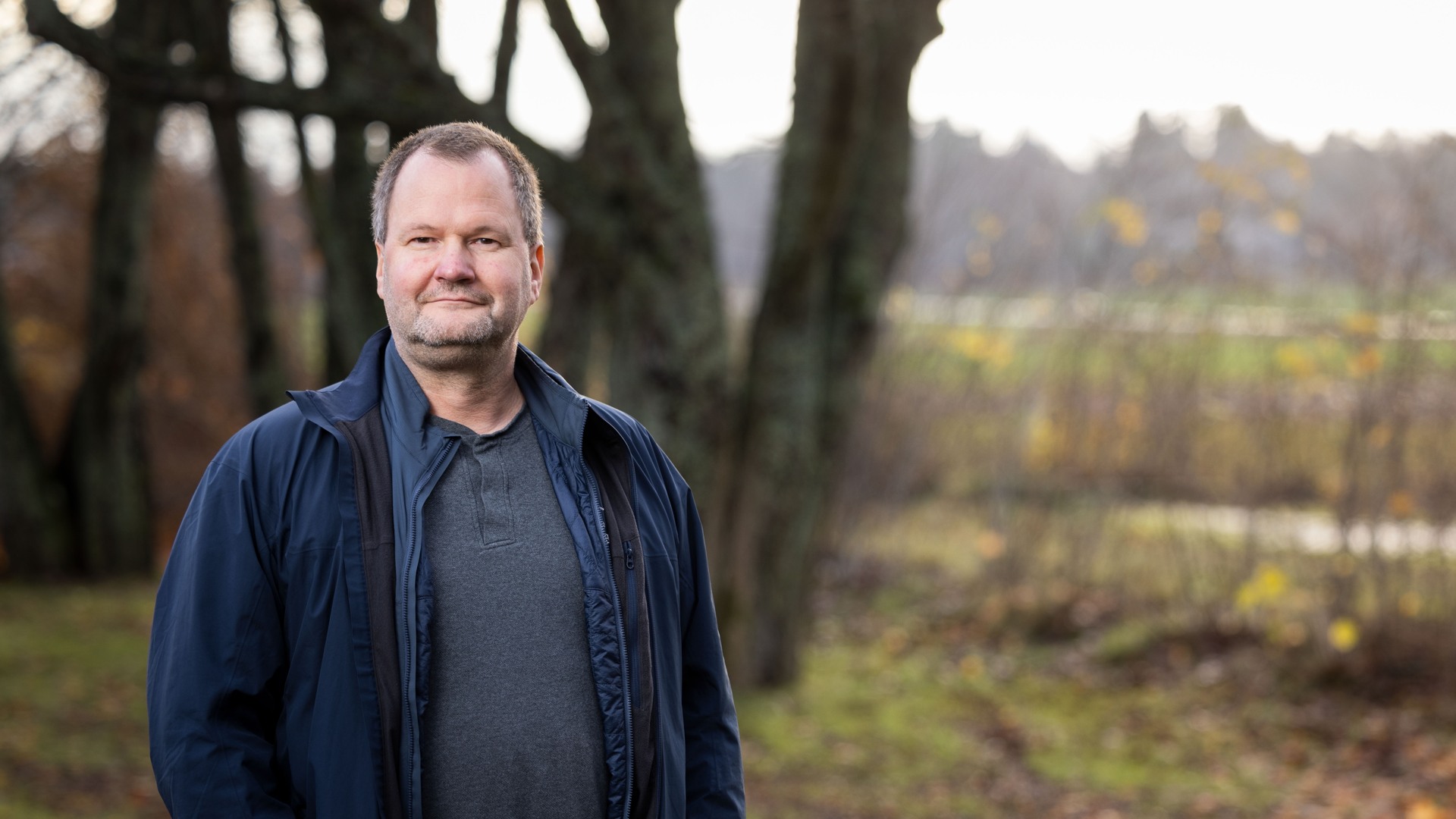
He is strengthening phosphorus recovery partnerships in Europe
Christian Kabbe, CEO of EasyMining Germany, rejoined the Board of the European Sustainable Phosphorus Platform (ESPP) at the end of 2022. The move is just the latest development in Kabbe’s efforts to bolster European collaborations and advance phosphorus recovery for a more sustainable society.
22 Mar 2023Since its formation in 2013, the ESPP has been a driving force in the field of phosphorus management. Kabbe, who's been involved with the Brussels-based non-profit organisation since its earlier days, sees the ESPP’s role as crucial for coordinating and streamlining efforts towards phosphorus recovery and recycling across Europe. Groups that likely wouldn’t have connected before have been able to share their insights and formulate joint solutions to the common challenges in managing a resource that the ESPP’s website describes as “essential for agriculture and directly linked to food security”.
– The ESPP has gained a strong reputation in all relevant stakeholder groups, be it policy, industry, or science. It is a vital pool of sound knowledge, experience, and vision, says Kabbe.
His appointment to the organisation’s Board reflects EasyMining’s active engagement in ESPP’s mission. As an innovation company dedicated to closing nutrient cycles, EasyMining views collaboration as the backbone of the shift to a circular economy. And Kabbe, head of the company’s German branch, is a leading force in those efforts.
Setting an industry standard in Germany
In mid-2022, Kabbe helped establish the Clean Phosphorus 2029 Initiative (Sauberer Phosphor 2029), an initiative of stakeholders sharing the vision for clean phosphorus recovery and recycling. Together, EasyMining Germany and the other members developed and released a list of seven guiding principles for clean phosphorus recovery.
Kabbe boils the list of standards down to three principles: quality, volume, and reliability.
– You need quality to make sure the recovery and recycling are sustainable and the material can be used broadly so that the market uptake is more or less guaranteed. But it’s also the volume that matters – you need the relevance and critical mass, or else industry won’t be interested. Then, what also counts is reliability because no one will buy from you if you cannot guarantee a stable supply, he says.
EasyMining and phosphorus sustainability
Although located in different positions across the whole value chain, every organisation and company that’s a member of the ESPP has an interest in phosphorus sustainability. Some manufacture feed and agriculture sectors which require phosphorus for products, while others handle wastewater treatment, which is a circular source of phosphorus.
For EasyMining, it's the underlying technology for recycling phosphorus. The company’s Ash2Phos process is a groundbreaking approach to reclaiming the resource from incinerated sewage sludge that can not only recover a higher volume of the nutrient than similar processes but also do so from many more sources.
– The ash volumes can be larger and more concentrated, so the phosphorus potential that can be tapped is way bigger, two orders of magnitude higher compared to more decentralised approaches, says Kabbe.
Circularity requires new policymaking
According to Kabbe, meaningful change is needed on the regulatory level before ESPP’s members can hope to enjoy a truly circular economy for phosphorus. Stricter regulations, like legally binding phosphorus recovery targets in Germany and Switzerland, have been a major catalyst for innovation, but they can also be a hindrance.
Even within Germany, legal frameworks remain fragmented. Phosphorus recovery from mono-incineration ashes will become mandatory in the country by 2029, but other policies limit the recovered nutrient’s use. For example, phosphorus reclaimed from sludge ash is currently permitted for use in fertilisers only when the pre-incineration materials comply with fertiliser regulations. That rule allows the use of recovered phosphorus from only a minor share of German plants, even if the recovered nutrients are of high quality.
– Different ministries need to streamline the interconnected regulations to facilitate a circular economy, says Kabbe.